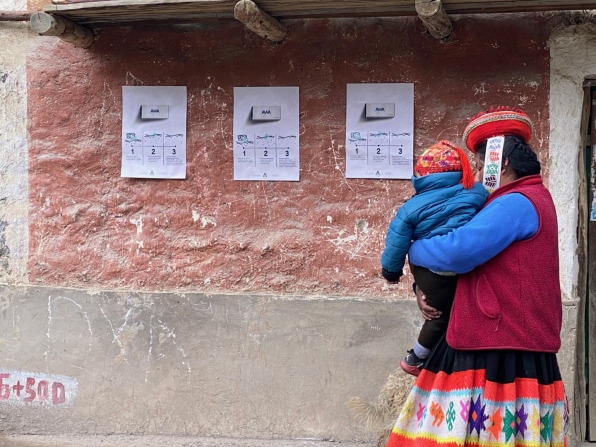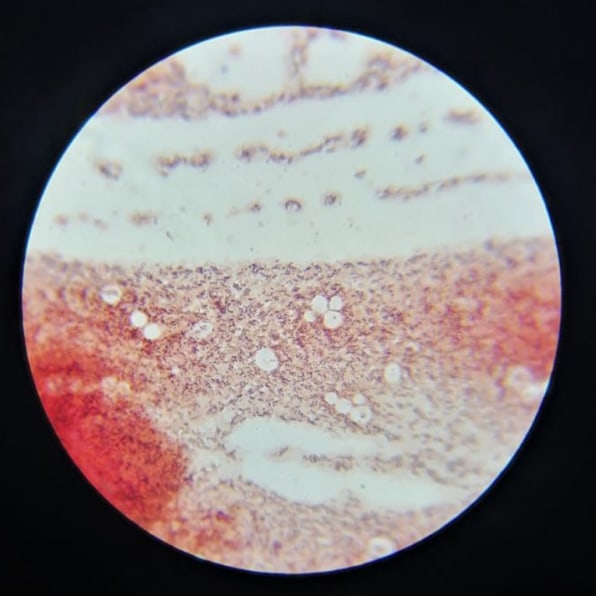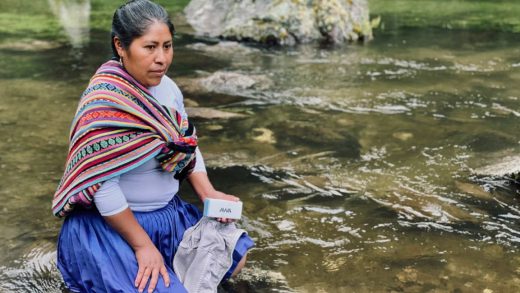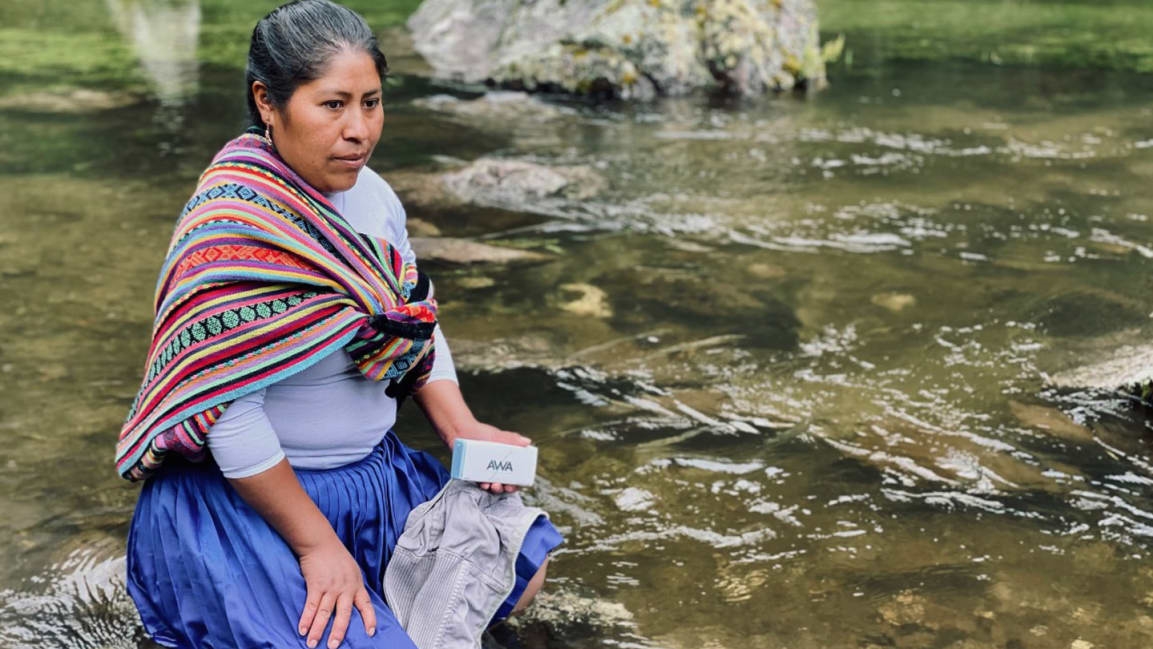This probiotic soap doesn’t pollute rivers it gets into—it helps clean them
“The idea is very simple: take advantage of the Andean cultural heritage of washing their clothes in the rivers, so the rivers can be cleaned,” says Ricardo Chadwick, partner and creative director at the creative agency Fahrenheit DDB, which partnered on the project with Andea, a bottled water company, and a Peruvian startup called Cirsys.

The partners spent two years developing a solution—a bar soap that contains microorganisms that can remove pollution. “This microorganism . . . feeds itself from the pollution of the river, reducing drastically the levels of nitrate and ammoniac, the type responsible for spreading bacteria that affect humans,” Chadwick says. “These microorganisms are freed when the bar of soap is used, and they get attached to the rocks and river weeds, staying there even after the washing ritual.”

The process can help clean both pollution from other laundry soap, and from sewage that also ends up in rivers. As thousands of people keep returning to a river or other water source to wash with the soap, the microorganisms will continue to feed on the pollution. “With the bar of soap, the Andean tradition becomes a constant cleaning system,” he says. In before-and-after samples taken of river water, the soap helped remove pollutants like nitrates with 75-85% efficiency.
After a pilot project to test the soap, the partners now hope to convince soap manufacturers to incorporate the technology. “Now that we have confirmed its effectiveness, our goal is to transfer the rights of the formula to a major soap manufacturer, or even government social programs, so it can be available to as many people it can reach, at an affordable price,” says Chadwick. “The potential of this project is huge. Companies like P&G or Unilever could make this a reality all over Latin America, Africa, and Asia—three continents where washing clothes at the riverbanks is still a tradition.”
(30)



